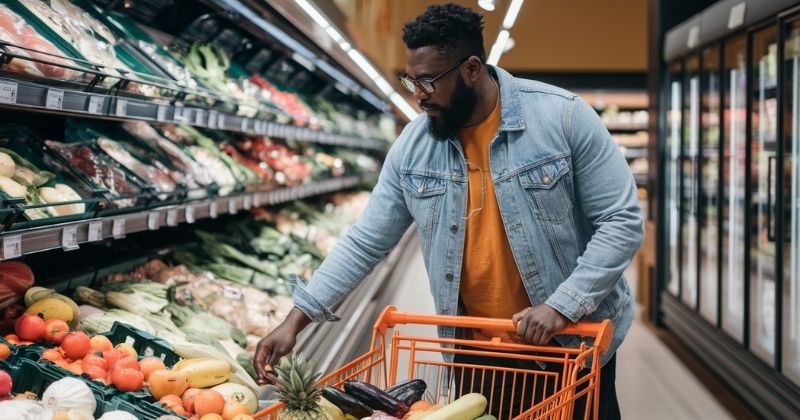
The cost-of-living index provides a critical measure of how much people need to spend on essentials like food, transportation, utilities, and healthcare. When these costs escalate, the consequences are far-reaching, plunging households into severe financial distress, stalling economic development, and widening social inequalities. This issue, while not unique to Africa, hits some of the continent’s urban residents particularly hard, with families being forced to make difficult choices between basic needs. As 2025 begins, the unrelenting rise in living costs remains a harsh reality in several African cities, leaving many citizens questioning how to keep pace with the growing financial demands.
Key Takeaways
- High Cost of Living in Major African Cities: Many African cities, including Johannesburg, Cape Town, and Lagos, rank among the continent’s most expensive due to factors like housing shortages, high utility bills, and inflated prices for imported goods. South Africa’s urban centres are particularly impacted, with steep costs for essentials like food, transport, and rent.
- Economic Struggles and Inflation: Cities like Harare face crippling economic challenges, including hyperinflation, which drives up the cost of daily living. In South Africa, a prolonged cost-of-living crisis—marked by rising food, transport, and utility prices—has significantly outpaced wage growth, putting immense pressure on household budgets.
- Need for Urgent Policy Interventions: The escalating cost of living in African cities is not just an economic issue but a social and moral crisis. Policymakers must urgently address systemic challenges, such as income inequality and access to affordable essentials, to prevent further destabilisation of communities and ensure sustainable economic growth.
Africa’s Top Cities with the Highest Living Costs
Based on the most recent data from Numbeo, an authoritative source on global cost-of-living metrics, several African cities stand out as particularly expensive for day-to-day living. Among the top 10, South Africa’s major urban centres are well represented, illustrating the ongoing economic challenges the country faces. These cities are not only financial hubs but also cultural and commercial epicenters, attracting significant expatriate communities who also feel the squeeze of high costs.
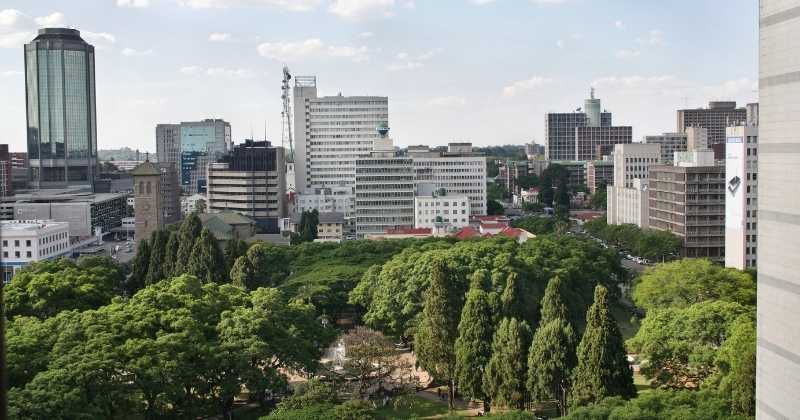
Harare, Zimbabwe
Harare’s high cost of living stems from its ongoing economic struggles and hyperinflation, making everyday expenses prohibitive for its 1.6 million residents.
- Housing: A one-bedroom apartment in the city centre costs around R9 000–R12 600 per month.
- Groceries: A litre of milk is priced at approximately R36, and a loaf of bread costs around R27.
- Utilities: Monthly bills for electricity and water often exceed R2 700.
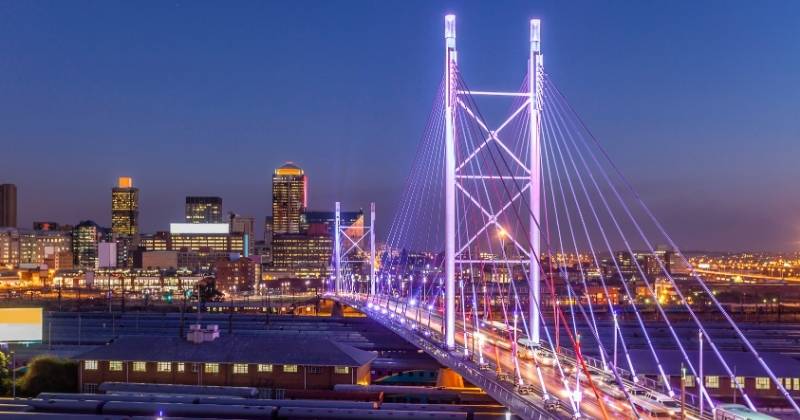
Johannesburg, South Africa
As South Africa’s largest city and economic hub, Johannesburg’s 6 million residents face high housing and transport costs.
- Housing: Rent for a one-bedroom apartment in the city centre is R9 000–R14 400, while areas like Sandton can cost over R27 000.
- Transport: With petrol averaging R23.40 per litre, owning a car is expensive.
- Dining Out: A meal at a mid-range restaurant costs around R270–R360 per person.
What does it take to maintain a comfortable lifestyle in South Africa’s most expensive cities? Explore Costs to Live Comfortably in South Africa for a detailed breakdown of expenses from real estate to daily necessities.
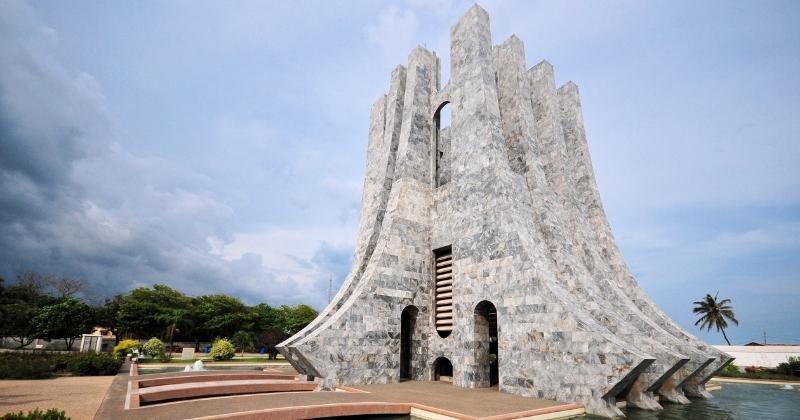
Accra, Ghana
Accra’s status as a West African economic hub, combined with limited housing supply, inflates costs for its 2.5 million residents.
- Housing: Rent for a one-bedroom apartment in the city centre is R12 600–R18 000.
- Groceries: A litre of milk costs approximately R72, while a kilogram of chicken is around R90.
- Utilities: Monthly electricity and water bills average R2 160–R2 700.
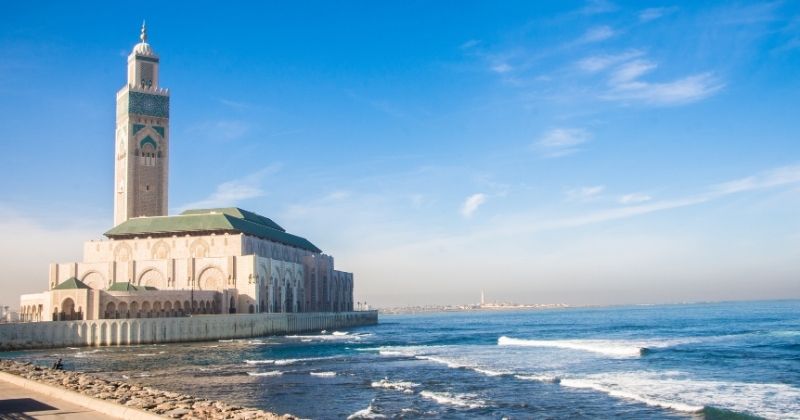
Casablanca, Morocco
Casablanca, Morocco’s economic heart, is home to 3.7 million people and has high living costs due to its status as a financial centre.
- Housing: Rent for a one-bedroom apartment in the city centre is R12 600–R16 200.
- Transport: Public transport costs about R10.80 per trip, while petrol is around R27 per litre.
- Dining Out: A meal at a mid-range restaurant costs R216–R270.
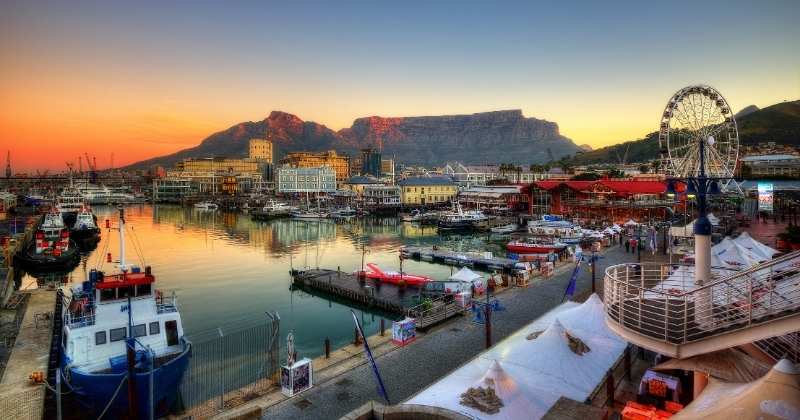
Cape Town, South Africa
Cape Town’s scenic beauty and tourism-driven economy make it expensive for its 4.8 million residents.
- Housing: A one-bedroom apartment in the city centre costs R14 400–R21 600, while prime areas like the Waterfront exceed R36 000.
- Groceries: Food prices are slightly higher than Johannesburg, with a litre of milk at R21.60 and a loaf of bread at R18.
- Utilities: Monthly bills for electricity, water, and internet can reach R3 600.
Housing costs in cities like Luanda or Johannesburg can leave many feeling the pinch. Learn effective solutions for managing rent in our guide: Struggling to Make Rent? Here’s What to Do.
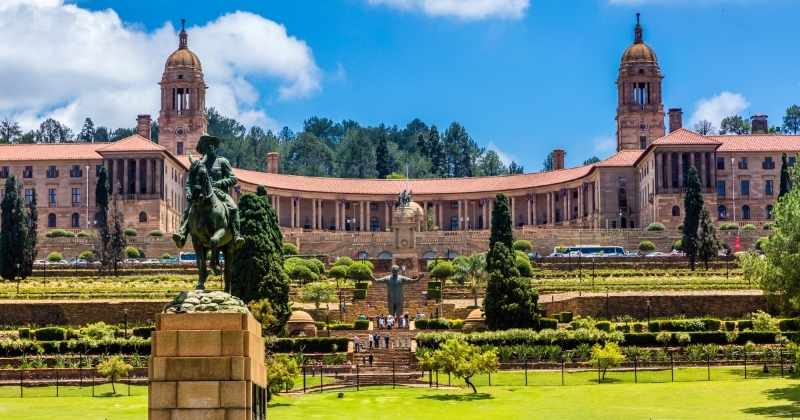
Pretoria, South Africa
Pretoria, South Africa’s administrative capital, has a population of about 2.5 million. Diplomatic and government roles contribute to its higher costs.
- Housing: Rent for a one-bedroom apartment in the city centre is R10 800–R16 200.
- Utilities: Monthly bills average R2 700.
- Dining Out: A meal for two at a mid-range restaurant costs R540–R720.
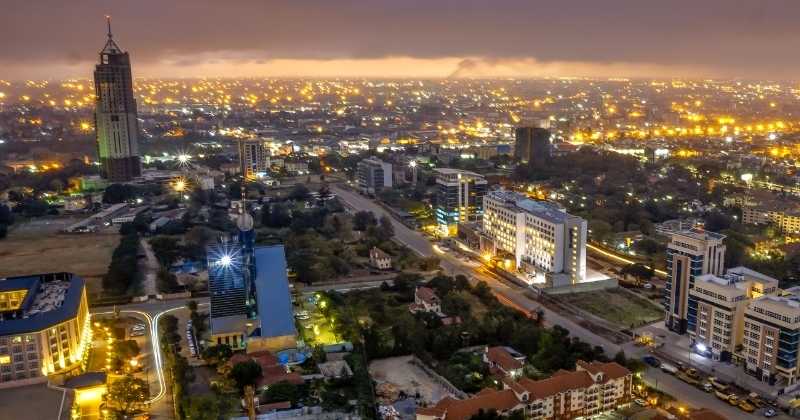
Nairobi, Kenya
Nairobi, East Africa’s economic and tech hub, is home to over 4.4 million residents. Rising housing demand and transport costs contribute to its expense.
- Housing: Rent for a one-bedroom apartment in the city centre is R9 000–R14 400.
- Groceries: A litre of milk costs around R21.60, while a kilogram of beef is about R90.
- Transport: Public transport costs about R7.20 per trip, while petrol is priced at R23.40 per litre.
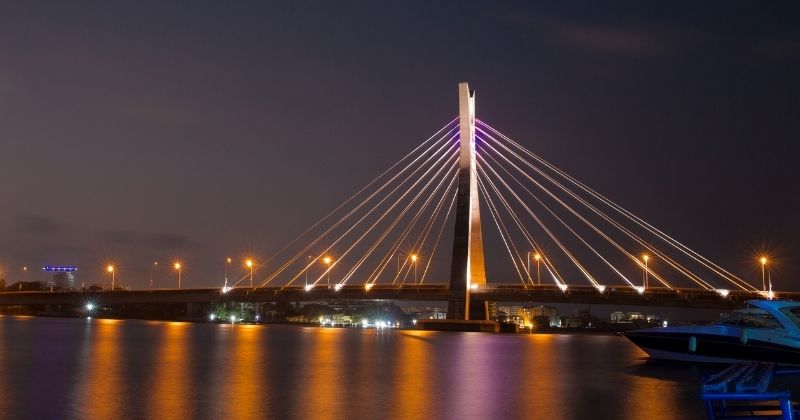
Lagos, Nigeria
Lagos, Africa’s largest city with 15 million residents, struggles with housing shortages and costly imported goods.
- Housing: A one-bedroom apartment in the city centre costs R14 400–R27 000 per month.
- Utilities: Electricity and water bills can reach R1 800–R3 600.
- Groceries: A litre of milk costs R54–R72, and a loaf of bread is around R36.
South African cities are already some of the most costly in Africa, but Higher Prices in South Africa – And Experts Predict More to Come suggests that living expenses will continue rising. Inflationary pressures are pushing housing, food, and transport costs even higher, making it harder for residents to afford basic necessities.
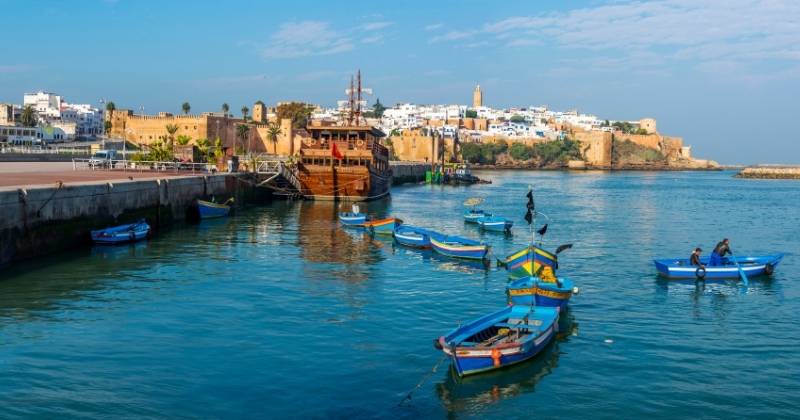
Rabat, Morocco
Rabat, Morocco’s diplomatic capital, has higher living costs due to its international and governmental roles.
- Housing: Rent for a one-bedroom apartment in the city centre is R10 800–R14 400.
- Transport: Public transport costs about R9 per trip, while petrol is priced at R27 per litre.
- Dining Out: A meal at a mid-range restaurant costs R180–R270.
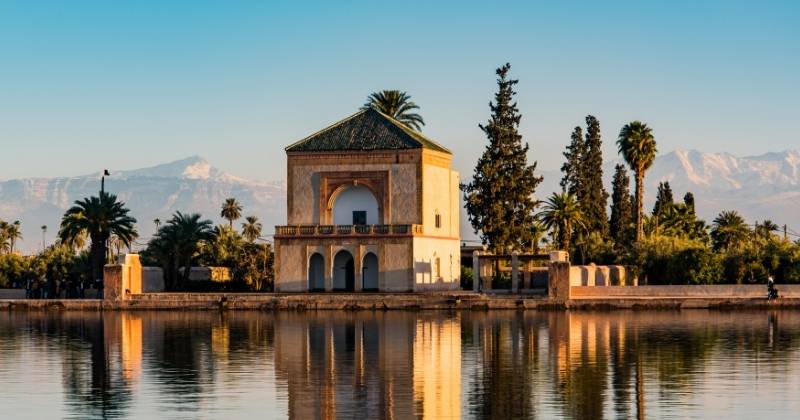
Marrakech, Morocco
Marrakech’s tourism industry drives up costs for its 1 million residents, especially in housing and dining.
- Housing: Rent for a one-bedroom apartment in the city centre is R10 800–R14 400.
- Utilities: Monthly bills, including water and electricity, are around R1 800–R2 700.
- Groceries: Local produce is affordable, but imported goods like cheese and milk can cost up to R72 per litre.
Choosing the right city to live in often comes down to affordability, and some South African cities can be quite pricey. If you’re curious about how local cities compare to other African metropolises in terms of living costs, check out Best South African Cities to Live In for a comprehensive guide.

South Africa: A Cost-of-Living Crisis in Focus
South Africa, often viewed as the continent’s economic powerhouse, has seen living expenses soar to unprecedented levels in recent years. Essentials such as transport, electricity, and food now consume an increasing share of household income, far outpacing wage growth and general inflation. This trend is exacerbated by persistent power outages (load shedding), which not only increase electricity costs but also drive up prices of goods reliant on refrigeration or manufacturing processes.
Insights from the September 2024 Essential Food Pricing Monitoring report highlight the magnitude of the crisis. Over the past three years, a “cost-of-living crisis” has become a defining feature of South African households, stretching budgets to their breaking point. For many families, the idea of financial stability has shifted from thriving to merely surviving, with luxuries long abandoned in favour of basic sustenance. Even as inflation slows, prices for essentials remain at levels that strain consumers, leaving little room for optimism.
Between September 2020 and September 2024, the cost of an average food basket surged by over 50%, impacting household budgets across all income levels. This dramatic increase forces many families to cut back on other necessary expenditures, including healthcare and education.
As South African businesses pass rising transport costs onto consumers, petrol prices—already among the highest in the region—serve as an additional blow to everyday life.
A Call for Change
The high cost of living in many African cities, particularly in South Africa, is not just an economic issue—it is a social and moral one. Policymakers must confront these challenges with urgency, prioritising measures to reduce inequality and expand access to affordable essentials. Without meaningful intervention, the financial pressures on citizens will continue to grow, leading to broader societal implications. For the families living on the edge, time is of the essence, and every day without action deepens the crisis
Conclusion
The escalating cost of living in African cities, particularly in South Africa, highlights a deepening economic and social crisis that demands urgent attention. Families are struggling to afford basic necessities, with many resorting to desperate measures like gambling to make ends meet. Without meaningful intervention, this trend will continue to exacerbate inequality, destabilise communities, and hinder economic growth. Policymakers must act swiftly to address systemic challenges, stabilise essential goods’ prices, and implement measures that prioritise the well-being of vulnerable citizens, ensuring a sustainable and equitable future for all.
Fast, uncomplicated, and trustworthy loan comparisons
At Arcadia Finance, you can compare loan offers from multiple lenders with no obligation and free of charge. Get a clear overview of your options and choose the best deal for you.
Fill out our form today to easily compare interest rates from 19 banks and find the right loan for you.


